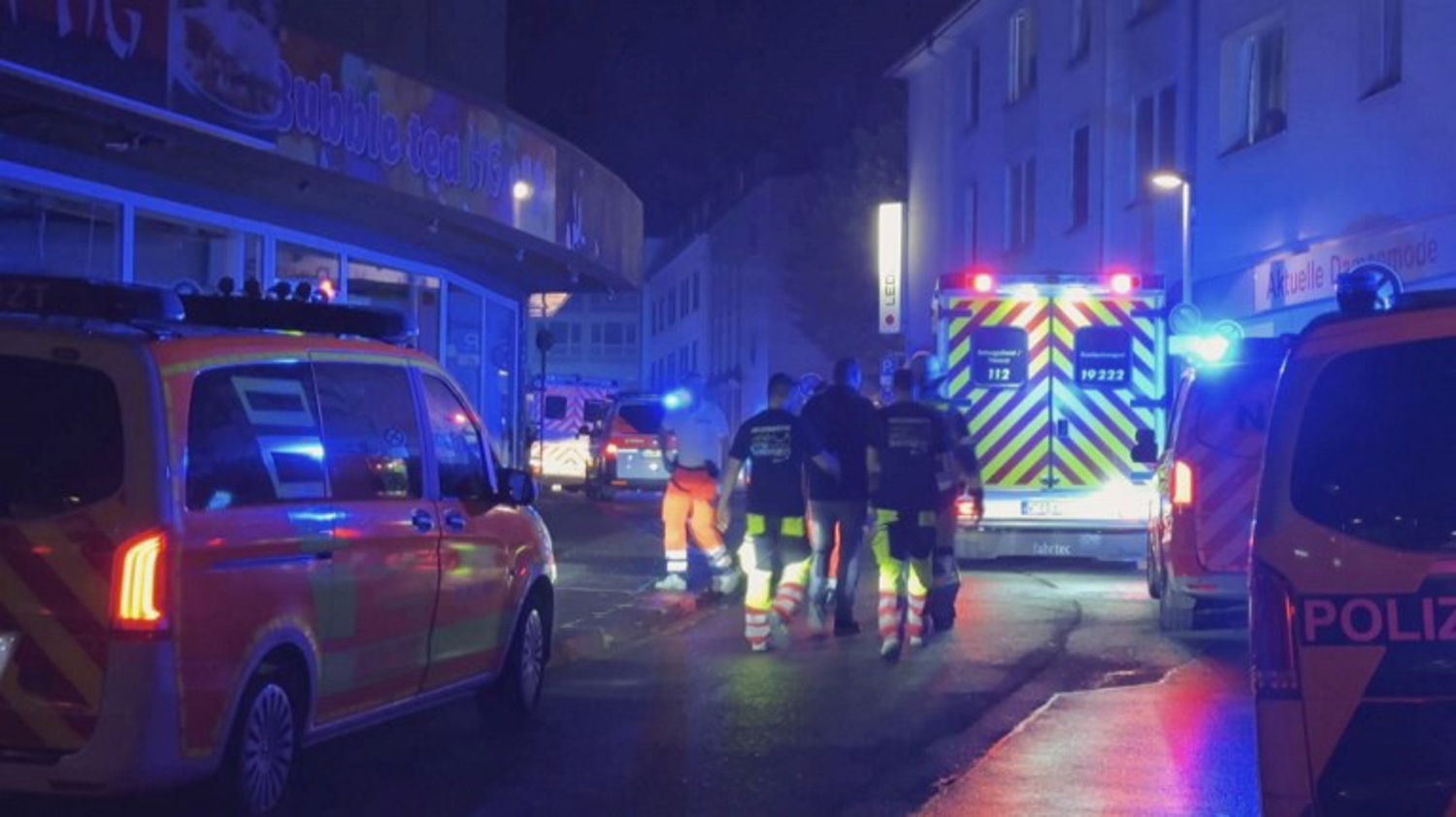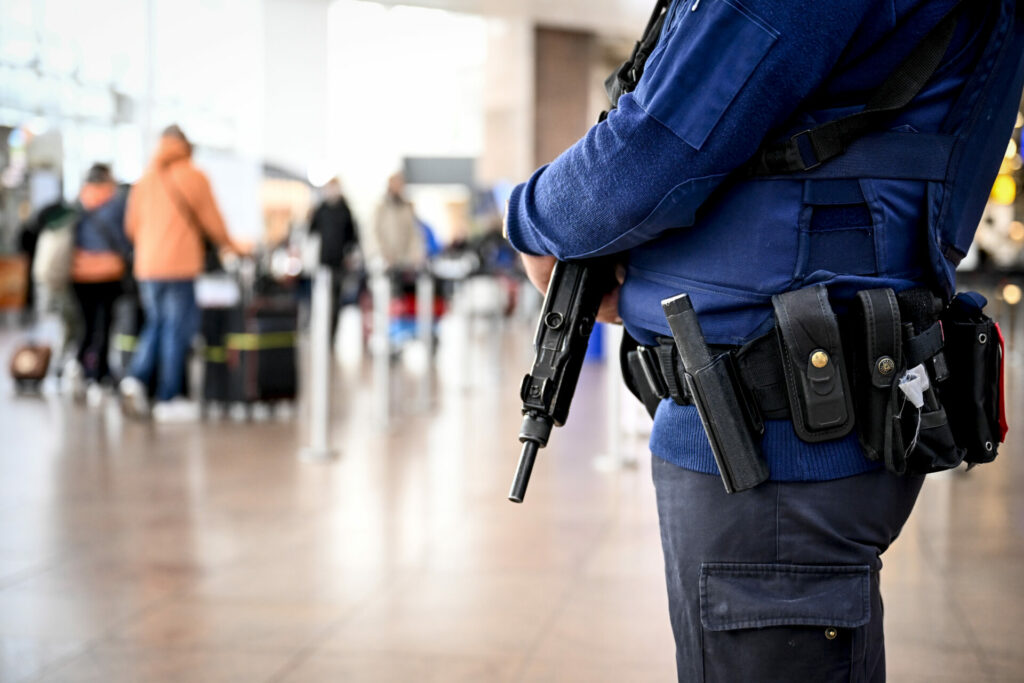The terror level in Belgium will remain at level 3 (the second-highest) following the attacks in Germany's Solingen, in which three people died, and separately in La Grande-Motte in France. Belgian security services in the country will remain on high alert.
Two attacks, thought to be terror-related, took place last weekend. A man stabbed people at random at the 650th-anniversary festival of the German city of Solingen on Friday, leaving three people dead and five injured. On Saturday there was an explosion at a synagogue in the southern French town of La Grande-Motte, thought to be an anti-Semitic act. That same night, Brussels Airport's departure hall and baggage area were cleared due to a bomb scare.
In light of these incidents, the Crisis Centre requested a threat assessment from the country's Coordination Unit for Threat Analysis (CUTA). However, CUTA confirmed to The Brussels Times that the terror level in Belgium – which was increased from 2 to 3 for the first time in over five years after two Swedish nationals were killed in a terrorist attack in Brussels on 16 October – will not be raised to the highest level.
"Following the two recent incidents in our neighbouring countries, the CUTA is not changing the threat level for Belgium, which has been set at 3 (severe) on a scale of 4," a spokesperson said. "The CUTA does not have any information to suggest a link to Belgium."
CUTA determines the threat level after carrying out threat assessments and analyses based on the information and intelligence it receives from its partner services. It did stress that security services remain vigilant and are "closely monitoring the situation".
'No need to panic'
The succession of attacks this weekend – and the threat which led to Taylor Swift concerts being cancelled in Vienna earlier this month – has increased pressure on security services across European countries. But in Belgium, Justice Minister Paul Van Tigchelt (Open VLD) sees little change, adding that Belgium already increased vigilance during the Paris Olympic Games. "There is no reason to panic even though our security services should remain alert," he told Radio 1.
"Our security services search for signs of extremist or terrorist violence ahead of events and swiftly intervene when a risk is detected." He added that several such counter-terrorism interventions have recently been carried out in Belgium.

Police and ambulances near the scene where people were stabbed in Solingen. Credit: Belga
Terrorist group Islamic State (IS) claimed responsibility for the Solingen knife attack, stating the perpetrator was "a soldier of the Islamic State". German investigators are still working to verify this claim. Rather than being a direct order, it is also possible the attacker responded to a general call from IS to propagate its ideology by carrying out attacks in the West.
Van Tigchelt suggested that the perpetrator could be a "lone wolf" acting in the name of IS. The majority of the 332 reports on terrorism or extremism received by CUTA last year involved lone actors, most of them individuals with no organisational links to terrorist or extremist groups.
The suspect in the attack in France is a 33-year-old Algerian man with Palestinian sympathies. The CUTA already warned earlier this year that the conflict in the Gaza Strip is one of the "major emotional trigger events" that evoke strong emotions and can lead to extremists taking action."

